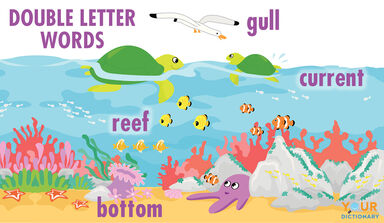Leer Definition
To teach.
To learn.
An arch or affected glance or cast of countenance.
Alternative form of lehr.
Empty; unoccupied; clear.
Faint from lack of food; hungry.
Origin of Leer
-
From Middle English ler, leor (“face, cheek"), from Old English hlÄ“or (“face, cheek, profile"), from Proto-Germanic *hleuzÄ… (“ear, cheek"), from Proto-Indo-European *ḱlews- (“temple of the forehead, cheek"), from Proto-Indo-European *ḱlewe-, *ḱlew- (“to hear"). Cognate with Scots lire, lere (“face, appearance, complexion, blee"), Dutch lier (“cheek"), Swedish lyra (“pout"), Norwegian lia (“hillside"), Icelandic hlýr (“the face, cheek, countenance"). Related to Old English hlyst (“sense of hearing, listening") and hlysnan (“to listen"). More at list, listen.
From Wiktionary
-
From Middle English leren, from Old English lÇ£ran (“to teach, instruct, guide, enjoin, advise, persuade, urge, preach, hand down"), from Proto-Germanic *laizijanÄ… (“to teach"), from Proto-Indo-European *leis- (“track, footprint, furrow, trace"). Cognate with Dutch leren (“to teach"), German lehren (“to teach"), Swedish lära (“to teach"). Related to Old English lār (“lore, learning, science, art of teaching, preaching, doctrine, study, precept, exhortation, advice, instigation, history, story, cunning "). See lore.
From Wiktionary
-
From Middle English lere, from Old English Ä¡elÇ£re, *lÇ£re (“empty, void, empty-handed"), from Proto-Germanic *lÄ“ziz, *lÄ“zijaz (“empty"), from Proto-Indo-European *les- (“to collect, pick"). Cognate with Dutch laar (“a clearing in the woods"), German leer (“empty"). Related to Old English lesan (“to gather, collect"). More at lease.
From Wiktionary
-
Probably from obsolete leer cheek from Middle English ler from Old English hlēor kleu- in Indo-European roots
From American Heritage Dictionary of the English Language, 5th Edition
Exact development uncertain, but apparently from *leer (“to make a face"), from leer (“face"). See below.
From Wiktionary
-
See lehr
From Wiktionary
Related Articles
Find Similar Words
Find similar words to leer using the buttons below.
